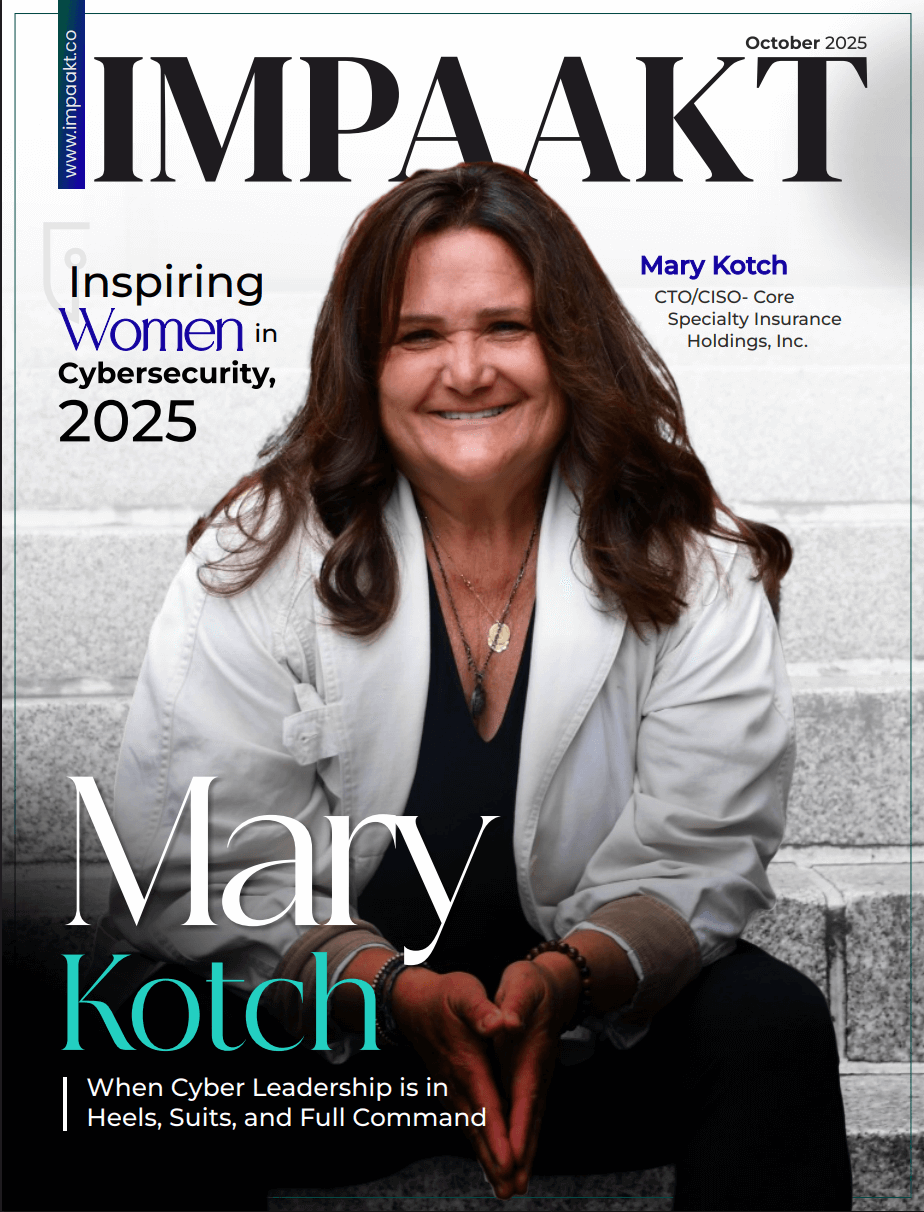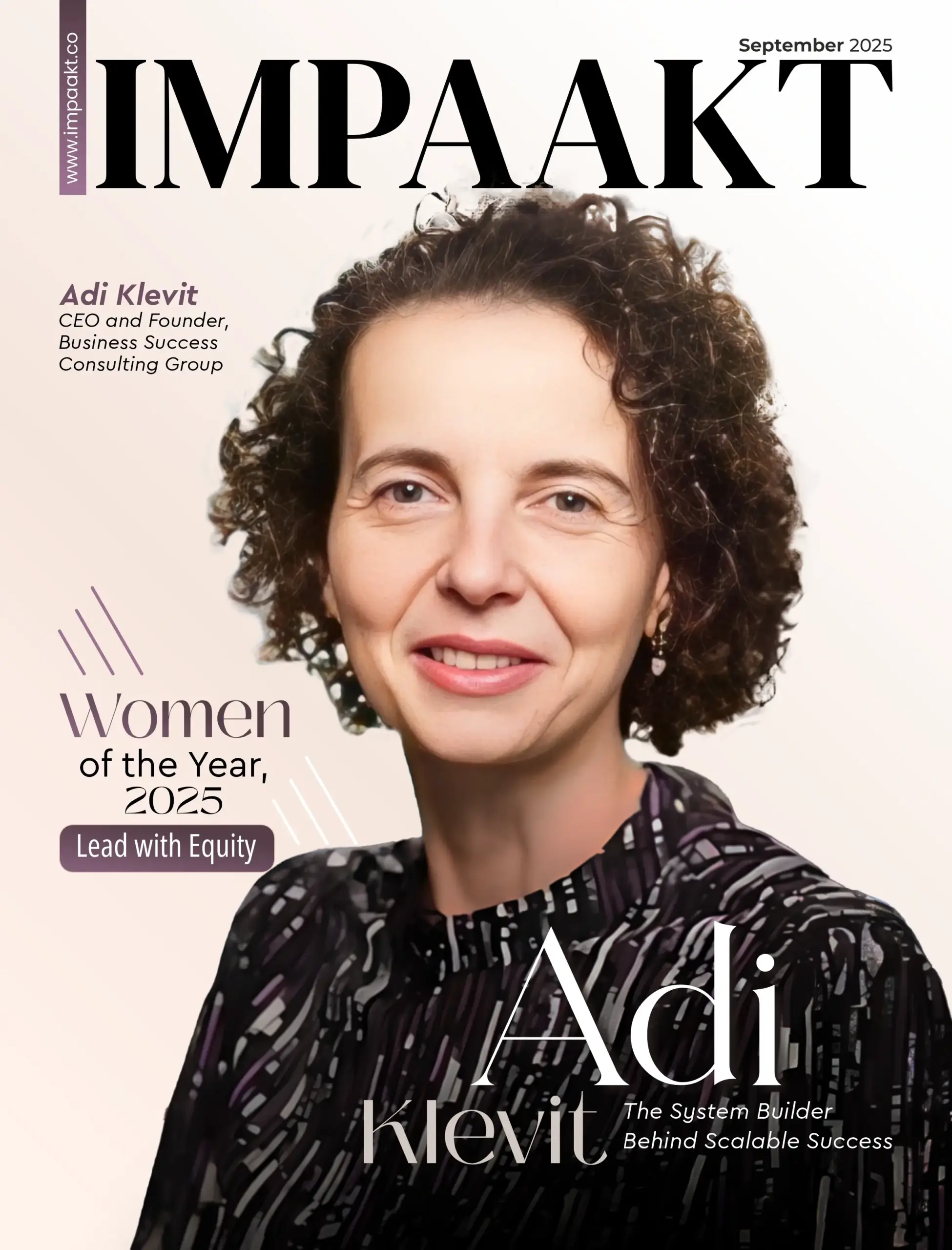Artificial Intelligence has become the backbone of many industries, from healthcare to finance, powering everything from diagnostics to credit approvals. But as AI continues to shape the future, one unsettling reality has come to light: algorithms can discriminate. Biased datasets, lack of diversity in development teams, and narrow perspectives during training can lead to AI systems that unintentionally perpetuate prejudice and inequality. So, how do we fix this? By embracing diverse perspectives.
Let’s dive into why diversity matters and how it can tackle the issue of AI discrimination head-on.
The Root of the Problem: Bias in, Bias Out
AI is only as good as the data it’s trained on—and if that data reflects societal biases, the AI will too. A facial recognition system misidentifying people of color? That’s because the training dataset likely lacked diversity. A hiring algorithm prioritizing male candidates? It’s probably echoing historical biases in workplace data. The problem isn’t just technical; it’s deeply human.
Enter the need for diverse perspectives.Teams that lack representation—whether it’s women, people of color, or other marginalized groups—are more likely to overlook these biases. Why? Because if you don’t experience the problem, it’s easy to miss it.
Why Representation in AI Development Teams is Non-Negotiable
When people from varied backgrounds contribute to AI development, they bring unique experiences and viewpoints that help identify blind spots. Here’s how:
- Spotting Hidden Biases
A diverse team can recognize and question assumptions in data that a homogenous team might overlook. For example, a woman on the team might flag gendered language in job postings that could lead to biased outcomes.
- Designing for Inclusivity
Individuals with different lived experiences can advocate for solutions that work for everyone. A wheelchair user, for instance, might highlight accessibility needs that others might miss.
- Challenging Groupthink
A variety of perspectives ensures that solutions are debated and refined, reducing the risk of “we’ve always done it this way” thinking.
Real-World Impacts of Diversity in AI
Case Study 1: Improving Healthcare Diagnostics
When AI systems were initially developed for diagnosing skin conditions, the datasets consisted primarily of images of lighter skin tones. The result? Misdiagnoses for people with darker skin. Diverse research teams later expanded these datasets, significantly improving diagnostic accuracy for underrepresented populations.
Case Study 2: Enhancing Voice Recognition
Early voice recognition systems struggled to understand accents and non-standard English. Why? Developers often tested these systems on their own voices, ignoring linguistic diversity. Today, companies that include linguists and global testers are building more inclusive models.
The Bigger Picture: AI Needs Diversity to Reflect Humanity
AI is meant to serve everyone. But how can it do that if the teams building it don’t reflect the diversity of the world? Diverse perspectives don’t just prevent harm; they also unlock innovation. They push boundaries, spark creative solutions, and ensure AI systems work for people from all walks of life.
Imagine an AI-powered hiring tool that actively mitigates bias by promoting fair representation. Or a predictive policing algorithm that accounts for systemic inequality instead of amplifying it. These aren’t just dreams; they’re possibilities—but only if we prioritize diversity in AI development.
What Can Be Done?
So, how do we move forward? Here are some actionable steps:
- Build Inclusive Teams
Recruit and empower people from underrepresented groups in tech. Ensure they’re not just present but have a voice at the table.
- Audit and Diversify Data
Scrutinize datasets for gaps and biases. If your AI isn’t trained on diverse data, its output won’t be equitable.
- Create Accountability
Implement regular bias audits for AI systems. Have external reviewers—especially from marginalized communities—evaluate outputs.
- Foster Education and Awareness
Encourage teams to take courses on ethics, bias, and the importance of diversity in AI. Awareness is the first step toward change.
A Call to Action
AI is a tool, but its impact is shaped by the people behind it. If we want AI to be fair, ethical, and truly revolutionary, we need to ensure that the voices shaping it are as diverse as the people it aims to serve.
The future of AI isn’t just about better algorithms; it’s about building a better world. And that starts with recognizing the power of diverse perspectives.
Let’s rewrite the story of AI—together.
For deeper insights on diversity, innovation, and AI, explore IMPAAKT – your trusted top business magazine.











